By: Matthew Goldberg
Matt heads fundraising, humanitarian assistance, and grant implementation efforts at BioLite—a clean energy company that designs and manufactures products that transform the way off-grid households cook, charge devices, and light their homes. A graduate of the London School of Economics, Matt is dedicated to advancing market-based initiatives that expand clean energy access and combat climate change. Matt has previously worked as a researcher and policy analyst focusing on the role of non-state actors in international and national climate policy. At BioLite, Matt has made the leap from analysis to direct implementation—building partnerships and programs that help scale BioLite's efforts to bring clean and affordable energy to households in emerging markets.
Access to energy is fundamental to human and economic development—it improves health, enables communication and education, generates income, and empowers women. It’s also become a focal point of the Sustainable Development Goals, specifically SDG 7. Yet billions of people lack this key ingredient to a prosperous life. In fact, nearly half the planet, or three billion people, still cook their meals over open biomass fires.
The hidden human cost to this form of energy poverty is astounding—nearly four million respiratory-related deaths every year are linked to toxic smoke inhaled from cooking over open biomass fires. These fires also release significant amounts of CO2 and produce a staggering 25% of global black carbon emissions, more than what is produced by all the world’s cars and trucks. At the same time, access to electricity is limited or non-existent for more than 1.1 billion people. Families are forced to pay disproportionate amounts of their incomes to purchase dirty and expensive kerosene lamps for lighting. Meanwhile, mobile phone usage by off-grid consumers is growing rapidly but locating reliable electricity for recharging remains elusive and expensive.
So how do we solve this challenge? The energy needs of the billions of people without power, and the billions more yet to be born, could be met by expanding traditional grid infrastructure - often powered by fossil fuels. Yet scaling up fossil fuels to address energy poverty will result in significant threats to the health and well being of our environment and climate, and every person on the planet. And while grid-scale renewable energy projects, like solar and wind farms, do provide improved access to clean power, these can take many years to complete and have to go through significant regulatory and financial hurdles. There is another option: modern and clean off-grid energy technology can now leapfrog slow, inefficient grid-scale systems—just as mobile phones leapfrogged landlines in the developing world.
My company, BioLite, aims to help off-grid populations completely bypass the electrical grid as they develop their economies. BioLite is accelerating the path to universal energy access through market-based, distributed solutions that directly engage those who are energy impoverished, giving them the opportunity to create their own power and control their own destinies—in other words, by bringing energy everywhere. Instead of starting huge projects with decade-long time horizons, we work with rural populations in emerging markets to develop energy access technologies that they need right now. For example, while developing our off-grid solar home system, the SolarHome 620, BioLite learned that farmers in Western Kenya wanted FM radios so they could listen to news and weather reports. They also wanted a security solution that didn’t require them to drain their batteries by leaving an outdoor light on all night long. This feedback was sent to BioLite’s headquarters in Brooklyn, and almost immediately, a team of engineers began hammering out a prototype. Just eighteen months later, 5,000 units were delivered to these rural Kenyan farmers and they are now accruing the benefits.
In the Kakamega region of western Kenya, Kennedy Yamame is bringing light, power, and music to the community he grew up in with a revolutionary new solar system that fits inside a shoebox, thanks to BioLite.
As consumers of energy, folks in the U.S. can directly support BioLite’s work in emerging markets by powering their off-grid appliances through solar as opposed to diesel generators, and other fossil fuel based energy generation devices. BioLite retails a number of options that can power life beyond the grid, should that mean camping in the great outdoors, or preparing for a weather event that shuts off the power. You can also get involved with organizations that support the goal of universal access to energy, like Power For All.
There are billions of people in the world—potential BioLite beneficiaries and customers—who might never have fossil fuel powered energy lines running into their homes. Thanks to novel technologies and ideas, their energy needs can be met efficiently, equitably, and without contributing to climate change. Perhaps most importantly, by rapidly addressing energy poverty through off-grid solutions, we can create significant co-benefits that catalyze development across a range of SDGs. We hope that you will join us on this mission.
***
Ready to make an impact? Take our Impact Pledge and commit to learn, share, and act on climate change and environmental justice.
Photo by: Femke Gubbels | From our ‘Displacement in Dar es Salaam’ project

